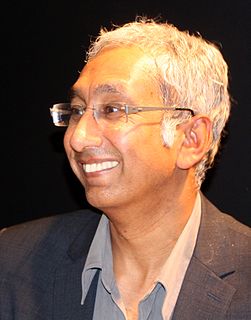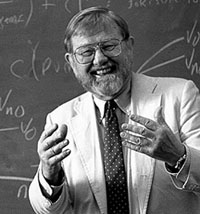A Quote by Antoni Tapies
I never view aesthetic ideas as having an existence purely of their own but as a function they have in connection with political or moral values.
Related Quotes
Art is not and never has been subordinate to moral values. Moral values are social values; aesthetic values are human values. Morality seeks to restrain the feelings; art seeks to define them by externalizing them, by giving them significant form. Morality has only one aim - the ideal good; art has quite another aim - the objective truth... art never changes.
My first fundamental premise of our faith is that God is real and so are eternal truths and values not provable by current scientific methods. These ideas are inevitably linked. Like other believers, we proclaim the existence of the ultimate lawgiver, God our Eternal Father, and the existence of moral absolutes. We reject the moral relativism that is becoming the unofficial creed of much of modern culture.
In the background lurks the scourge of international terrorism. There are people exercising power in a few countries and leading political factions in others who seem to be moved by narrow, brutal and irrational impulses. Their view of their own self-interest is so blinkered as to leave no space for purely human values, for peaceful negotiation or for economic advancement. They are bent on the destruction of the established order and of civilised ways of doing business. They must never be allowed to succeed.
Democracy, taken in its narrower, purely political, sense, suffers from the fact that those in economic and political power possess the means for molding public opinion to serve their own class interests. The democratic form of government in itself does not automatically solve problems; it offers, however, a useful framework for their solution. Everything depends ultimately on the political and moral qualities of the citizenry.
Although I have been prevented by outward circumstances from observing a strictly vegetarian diet, I have long been an adherent to the cause in principle. Besides agreeing with the aims of vegetarianism for aesthetic and moral reasons, it is my view that a vegetarian manner of living by its purely physical effect on the human temperament would most beneficially influence the lot of mankind.
The Puritan, of course, is not entirely devoid of aesthetic feeling. He has a taste for good form; he responds to style; he is even capable of something approaching a purely aesthetic emotion. But he fears this aesthetic emotion as an insinuating distraction from his chief business in life: the sober consideration of the all-important problem of conduct. Art is a temptation, a seduction, a Lorelei, and the Good Man may safely have traffic with it when it is broken to moral uses--in other words, when its innocence is pumped out of it, and it is purged of gusto.
The novel as a form is usually seen to be moral if its readers consider freedom, individuality, democracy, privacy, social connection, tolerance and hope to be morally good, but it is not considered moral if the highest values of a society are adherence to rules and traditional mores, the maintenance of hierarchical relationships, and absolute ideas of right and wrong. Any society based on the latter will find novels inherently immoral and subversive.
...aesthetic values are changed under the influence of sexual emotion; from the lover's point of view many things are beautiful which are unbeautiful from the point of view of him who is not a lover, and the greater the degree to which the lover is swayed by his passion the greater the extent to which his normal aesthetic standard is liable to be modified.
I have always been of opinion that all the political workers should be indifferent and should never bother about the legal fight in the law courts and should boldly bear the heaviest possible sentences inflicted upon them. They may defend themselves but always from purely political considerations and never from a personal point of view.
I'd always liked the idea that drama acts at its best as a kind of arena for debate, not just about the thing itself, but also producing aesthetic, stylistic, political and moral discussions. The Jungian view would be that it affects all of our imaginations and somehow taps into our hidden, ancient, primordial memories.
Moral questions may not have objective answers-whether revealed by God or by science-but they do have rational ones, answers rooted in a rationality that emerges out of social need. That rationality can only be discovered through exercising the human potential for rational dialogue, the potential for thinking about the world, and for discussing, debating and persuading others. Values can never be entirely wrenched apart from facts; but neither can they be collapsed into facts. It is the existence of humans as moral agents that allows us to act as the bridge between facts and values.
Most people just aren't clear-eyed about the rural South. We think that the urban centers are the problem, and the rural areas across the country are idyllic, suffused with good old American values, social values, religious values, moral values. It's what we tell ourselves to keep this political power structure in place, and it's what we see in pop culture, too.







































